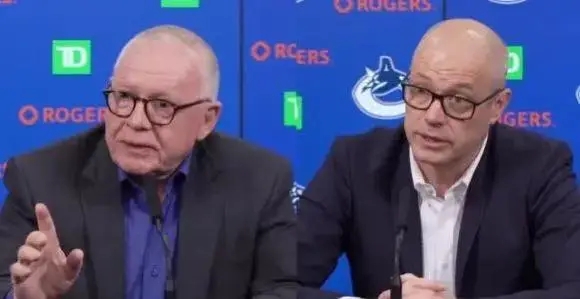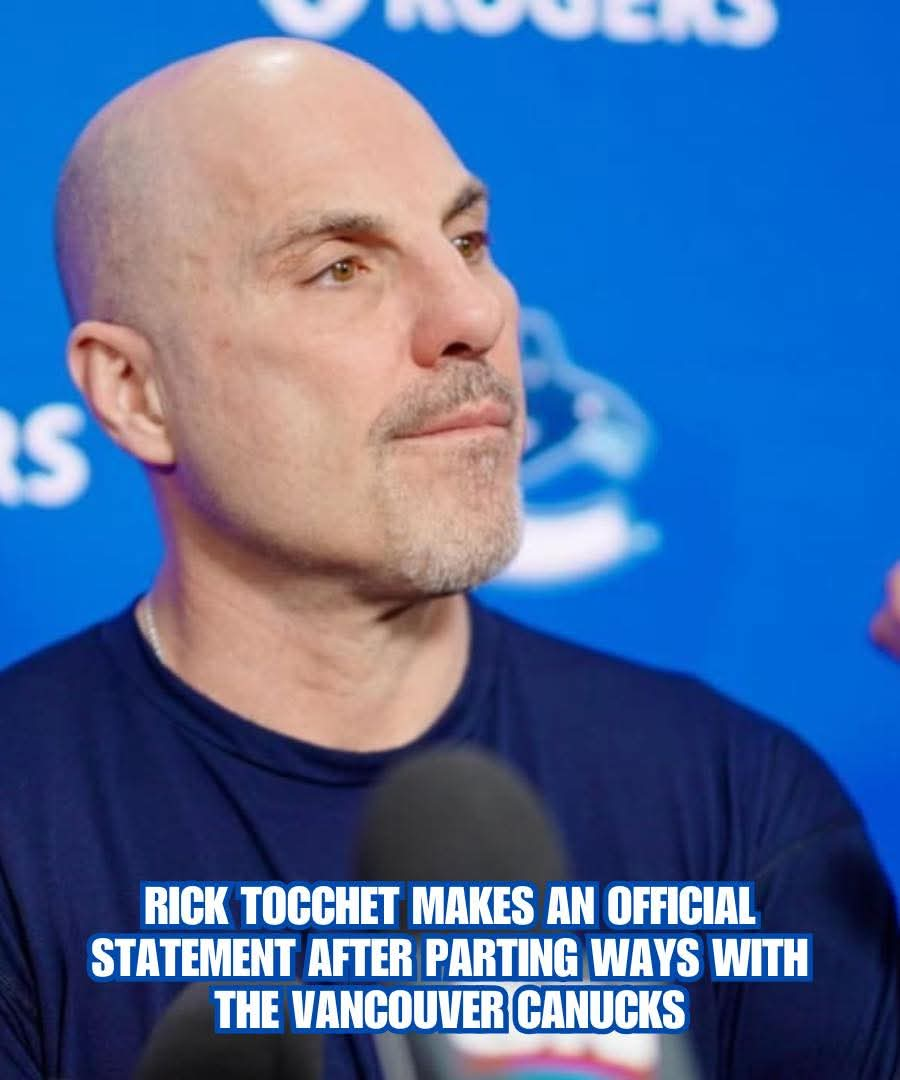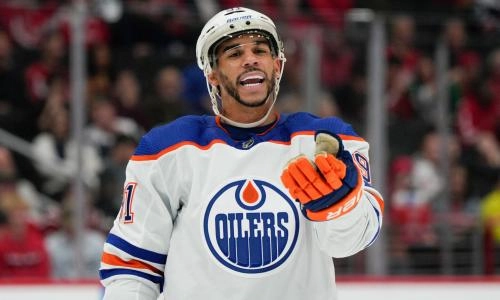Vancouver Canucks Facing Deep Uncertainty as Trusted Sources Warn of Looming Collapse
The Vancouver Canucks find themselves in a precarious and deeply uncertain situation as they head into the 2025–26 NHL season. After failing to qualify for the 2024–25 Stanley Cup Playoffs, the franchise is entering a critical offseason filled with tough decisions, lingering tension, and high-level departures. According to multiple sources, things might be getting worse before they get better.
While fans and insiders had hoped this summer would offer a chance to reset and rebuild, several trusted voices within NHL circles are suggesting that the Canucks are, in fact, teetering on the brink of a full-scale meltdown. From major roster shakeups to leadership uncertainty and front-office instability, the situation in Vancouver is quickly becoming one of the league’s most troubling storylines.
Miller–Pettersson Rift Sparks Domino Effect
A major flashpoint in Vancouver’s current chaos was the reported fallout between J.T. Miller and Elias Pettersson—two of the Canucks’ most high-profile players. Tensions between the two stars escalated so publicly and intensely that management was left with no choice but to part ways with Miller. The veteran forward was ultimately traded to the New York Rangers, ending his tenure in Vancouver under a cloud of off-ice drama and unresolved friction.
While the Canucks front office downplayed the seriousness of the conflict at the time, sources close to the team suggest it caused significant locker-room disruption and undermined team chemistry throughout the 2024–25 campaign. For a team that was already struggling to find consistency, the internal division only deepened their issues.
Tocchet’s Shocking Exit Leaves Leadership Vacuum
Compounding the turmoil was the abrupt departure of head coach Rick Tocchet. After just two seasons at the helm, Tocchet shocked the hockey world by stepping down from his role in Vancouver to accept the head coaching position with the Philadelphia Flyers.
Such a sudden coaching exit—especially for a team still considered in its rebuilding phase—is highly unusual and has raised even more questions about the internal dynamics of the franchise. While Tocchet has not publicly commented on the specific reasons for his decision, many around the league speculate that instability in the organization and a lack of long-term vision contributed to his exit.
His departure leaves a leadership vacuum behind the bench, just as the team enters what might be its most pivotal season in recent memory.
Canucks Struggling to Attract Talent
Despite clearing valuable cap space by trading away winger Dakota Joshua, the Canucks have struggled to capitalize on their financial flexibility. Reports suggest that Vancouver has become one of the least desirable destinations for top-tier free agents across the NHL.
This troubling trend points to a deeper issue: a lack of faith in the team’s direction and long-term competitiveness. Even with room to make a splash in the free-agent market, the Canucks are finding it difficult to convince players to buy into what the franchise is building. Whether due to coaching uncertainty, front-office inconsistency, or the ongoing star-player drama, something is clearly pushing talent away.
Quinn Hughes’ Future in Question
As the Canucks work to stabilize the roster and set a course for the future, even their cornerstone captain Quinn Hughes is not immune to uncertainty. The star defenseman’s contract situation has become a major point of focus after President of Hockey Operations Jim Rutherford made cryptic public comments earlier this year.
Rutherford indicated that the club essentially has until the end of this season to reach an extension with Hughes—or they may be forced to consider trading him.
The comments sent shockwaves through Canucks Nation and throughout the league, raising eyebrows over why the team would risk alienating its most consistent and valuable player. Hughes, who has often served as the emotional and strategic backbone of the squad, is now facing an unclear future in a city that once envisioned him as its long-term centerpiece.
“Delicate” Doesn’t Begin to Describe It
On July 19, hockey journalist Marco D’Amico published a revealing report on RG Media, highlighting the fragile nature of Vancouver’s current state. Citing an anonymous league insider, the report painted a grim picture:
> “It’s such a delicate situation in Vancouver that it feels they could go either way with this, depending on how they start the season. Ever since Rutherford said what he said, everyone is just waiting to see what happens with them.”
The statement underscores how unstable things have become for the Canucks. From fans to front offices around the league, there’s a collective sense of anticipation—almost dread—about what the upcoming season might bring.
Vancouver has reached a point where their success or failure might hinge on their first 10–15 games of the 2025–26 season. A strong start could help cool the temperature and reestablish hope, while a poor one could set off a chain reaction of trades, firings, and organizational collapse.
Can They Stop the Slide?
It’s not impossible for the Canucks to right the ship. They still have talented core pieces in Pettersson, Hughes, and Demko, and their front office—led by GM Patrik Allvin—has been active in trying to course-correct. But as one of the most drama-filled franchises of the past year, the margin for error is now razor-thin.
Without a strong and united locker room, a confident front office, and a clear plan for the future, the Canucks risk losing the faith of their fanbase—and more critically, their star players.
As the puck drop for the new season approaches, all eyes will be on Vancouver. Will they rise above the chaos and prove the doubters wrong? Or will this offseason mark the beginning of an even steeper downfall?
Only time will tell. But if the reports are any indication, the Canucks are standing on the edge—and the ground beneath them is beginning to crack.



